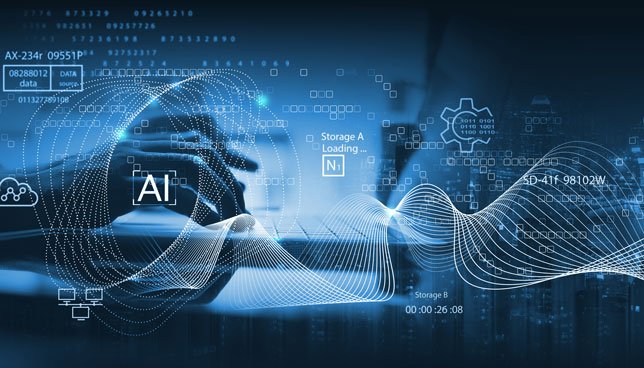
The virtual conference from the producers of Campus Technology and THE Journal will return on May 13, 2025, with a focus on emerging trends in with a focus on emerging trends in AI, cybersecurity, data, and ed tech.

OpenAI has introduced a free version of ChatGPT for teachers, aimed at providing a secure workspace to adapt classroom materials, streamline prep, collaborate with peers, and more.

DevOps platform provider JFrog has taken aim at a growing challenge for enterprises: users deploying AI tools without IT approval.

Education platform StudyFetch has introduced StudyFetch Read, a free AI-powered literacy tool designed to provide personalized reading instruction for students.

Digital Promise has announced the launch of the K-12 AI Infrastructure Program, a multi-year initiative "aiming to close the gap between scientific principles of teaching and learning and the promise of generative artificial intelligence."

Microsoft has added new features within its Microsoft 365 Copilot offering, aimed at making further foothold in the enterprise, including voice-based interaction, group collaboration tools, and an expansion of in-country data processing.

According to Google Cloud's 2026 Cybersecurity Forecast, AI will become standard for both cyber attackers and defenders, with threats expanding to virtualization systems, blockchain networks, and nation-state operations.

Microsoft and OpenAI have announced they are redefining their partnership as part of a major recapitalization effort aimed at preparing for the arrival of artificial general intelligence (AGI).

Professional learning platform Edthena has introduced Observation Copilot, an AI tool for principals designed to streamline the process of writing up framework-aligned teacher feedback from classroom observation notes.

Microsoft has introduced a major update to its Copilot AI platform, adding new features to make the system more personalized, collaborative, and integrated across its suite of products.